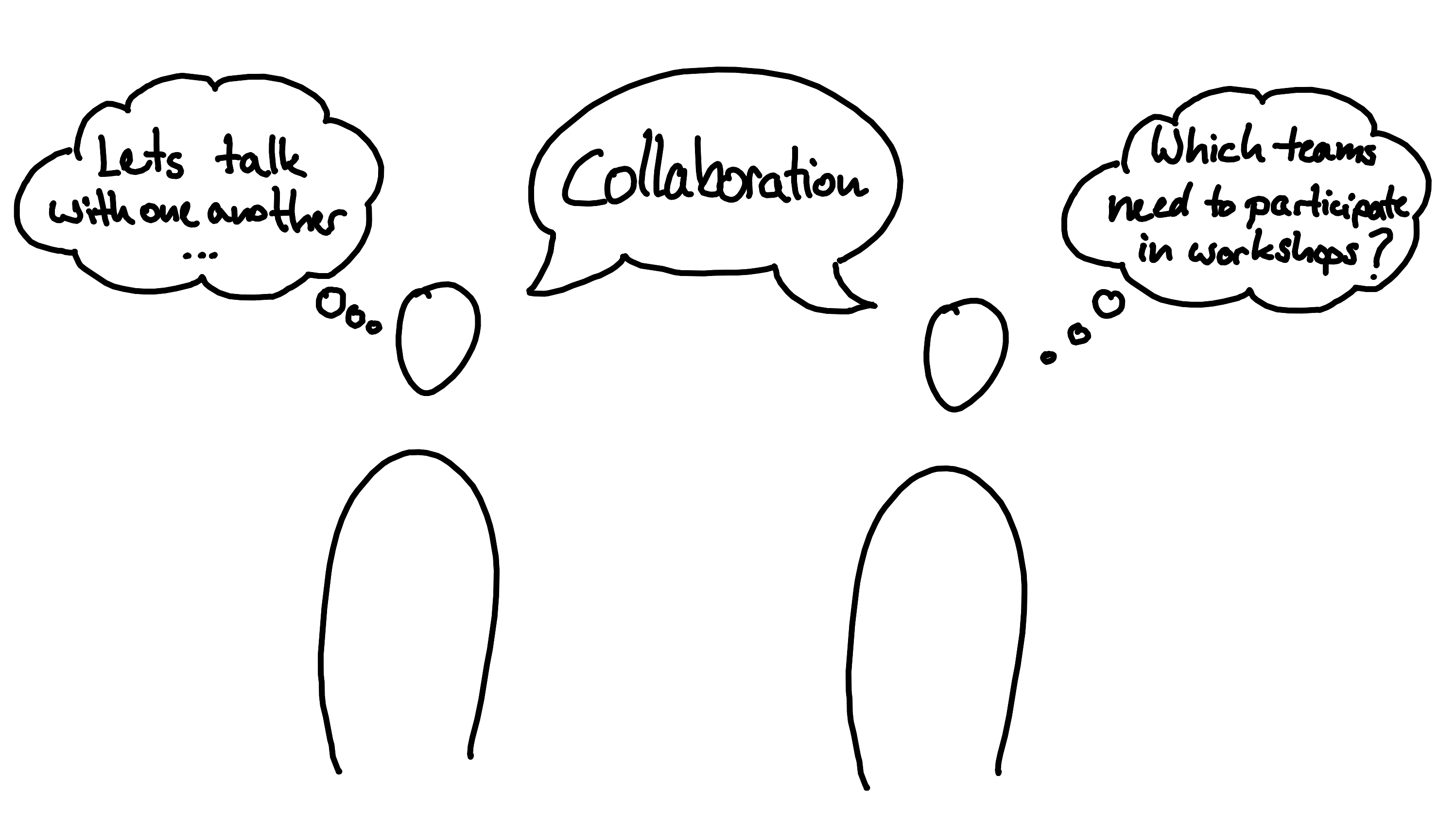Your 'collaboration' is not my 'collaboration'
In my observation, we often are unaware of how different work can be between various contexts. The differences can be enormous, especially when comparing the tech bubble to other bubbles. Processes, agile methodologies, alignment frameworks, “modern” leadership paradigms, many so-called “new work” ideals, etc., have different meanings or may even be irrelevant. This narrows down to specific concepts like impact, effort, quality, ownership, collaboration, and feedback, which often differ significantly between contexts.

Talking about the 'same'
People tend to assume that there is a “common understanding” of these concepts, and thus, others “know what we mean” when we refer to these concepts. Simply put, I’m afraid that’s not right.
Miscommunication can lead to many adverse outcomes, including unnecessary discussions, negativity, frustration, and conflicts. When combined with a lack of psychological safety, a feedback culture, and biases, the situation can deteriorate rapidly, potentially damaging relationships between individuals or teams in the long term.
The key to navigating this complexity is knowing the context and prioritizing effective communication. We can reduce misunderstandings and promote a more productive work environment by slowing down conversations, asking questions, and fostering a shared understanding of the concepts used within a specific group and context. This process becomes more straightforward and reassuring as psychological safety increases, providing a secure platform for open and honest communication.
